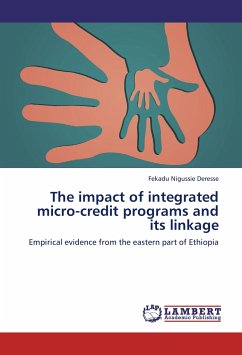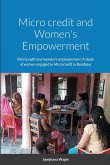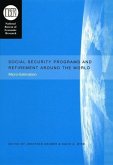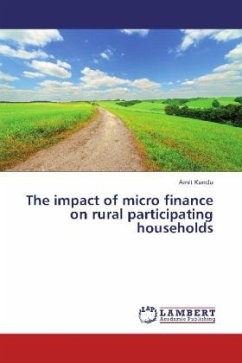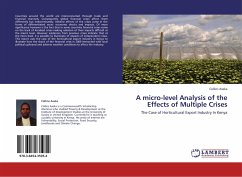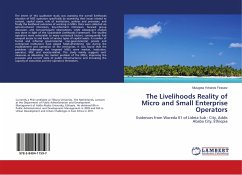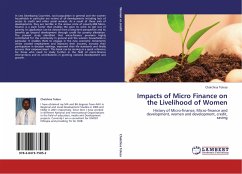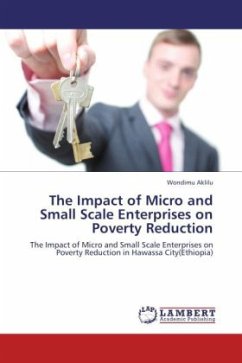The minimalist approach that once dominated microfinance outreach in the past is now a fading memory. A growing number of studies are suggesting a more integrative approach to support the marginalized and ultra-poor households. This study highlights the impact of the integrated programs, namely Productive Safety Net Program-PLUS (food aid plus microcredit) and food aid from the Eastern part of Ethiopia. Quasi-panel data-set were used to evaluate the impact of the integrated projects. The result from the endogenous switching regression as well as the recursive bivariate probit models revealed that households who chose to participate in the integrated programs showed a positive & significant impact in their livestock holdings and consumption expenditure, and they better afforded education and health costs. Nevertheless, beneficiaries of non-integrated (food aid) program did not show significant impact on the consumption expenditure & livestock holdings, and they are less likely to afford education and health cost compared to the non-beneficiaries.
Bitte wählen Sie Ihr Anliegen aus.
Rechnungen
Retourenschein anfordern
Bestellstatus
Storno

